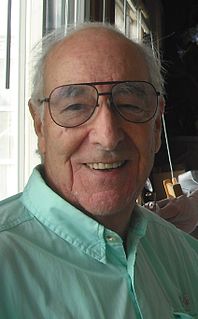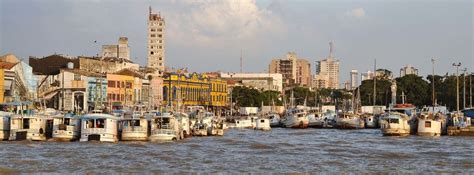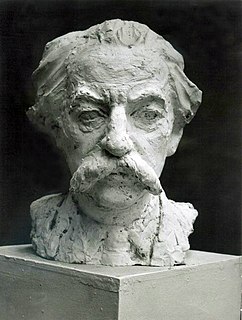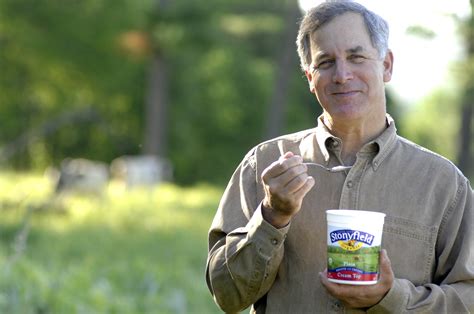A Quote by Thomas Hoving
Even if virtually anything can be art, there are levels of quality.
Related Quotes
Cinema is a kind of pan-art. It can use, incorporate, engulf virtually any other art: the novel, poetry, theater, painting, sculpture, dance, music, architecture. Unlike opera, which is a (virtually) frozen art form, the cinema is and has been a fruitfully conservative medium of ideas and styles of emotions.
And I do think that good art - the art that tends to last - is that art that hits human beings on several different levels at once because everybody's different. Some people approach art through their emotions, others through their head, and the art that can appeal to all of those levels is more likely to reach more people. Having more people see the work doesn't necessarily mean better art but it stands a better chance of lasting.
Art's effect is due to the tension resulting from the clash of the collocation of elements of two (or more) systems of interpretation. This conflict has the function of breaking down automatism of perception and occurs simultaneously on the many levels of a work of art ... All levels may carry meaning.
I didn't want to be criticized for taking low-quality photographs, so I tried to reach the best, highest quality of photography and then to combine this with a conceptual art practice. But thinking back, that was the wrong decision [laughs]. Developing a low-quality aesthetic is a sign of serious fine art-I still see this.
I know when I grew up, it was, if it was daylight outside, get outside. Well, now, with the technological age of computers and everything, everyone's inside virtually going everywhere they want to go, virtually having relationships, virtually traveling across the neighborhood, virtually going to that island.
Meditation is a deliberate attempt to pierce into the higher states of consciousness and finally go beyond it. The art of meditation is the art of shifting the focus of attention to ever subtler levels, without losing one's grip on the levels left behind. (...) Save all your energies and time for breaking the wall your mind had built around you. Believe me, you will not regret.


































